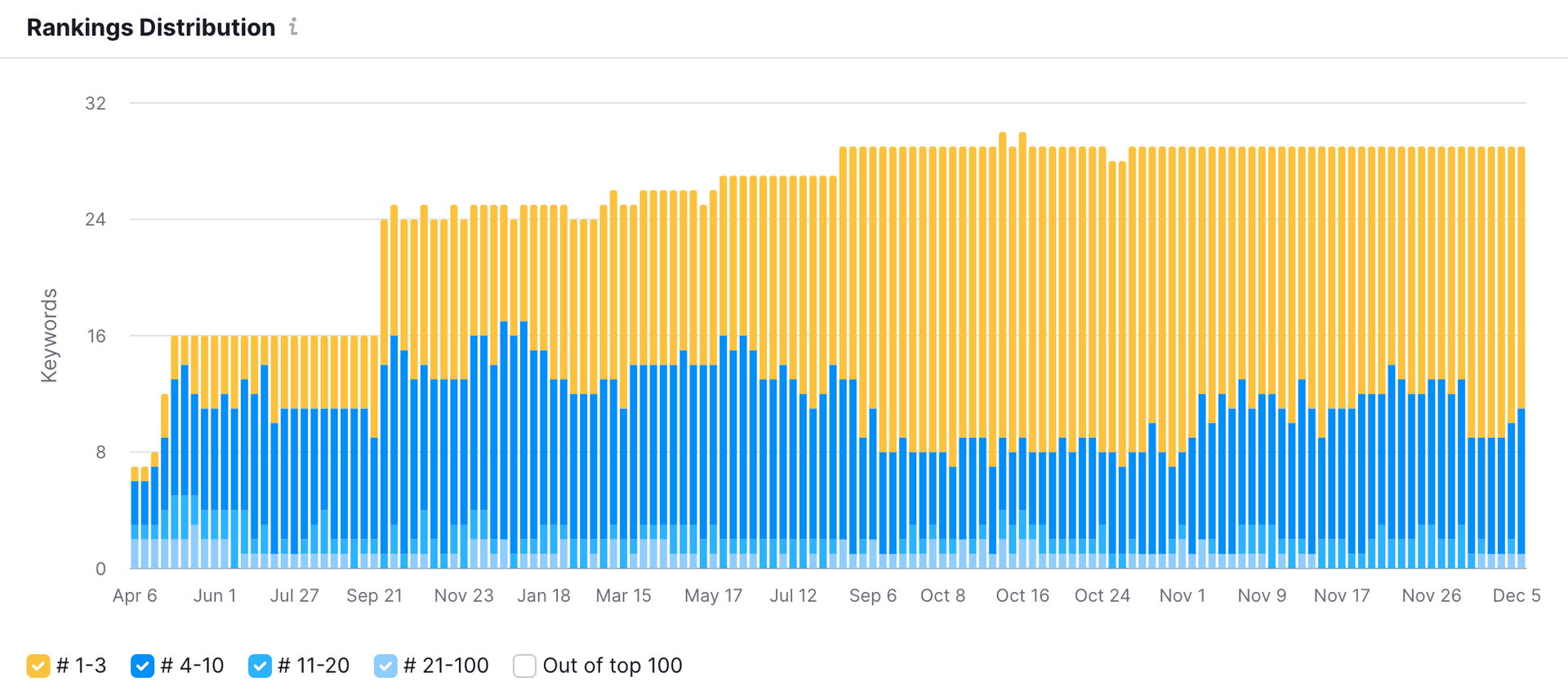5 Essential Factors in SEO That Elevate Your Page Ranking
Here Are Five Essential Elements in SEO That Can Propel Your Website to the Top of the Page

Achieving a high ranking on search engine results pages (SERPs) is a top priority for businesses seeking to maximize online visibility and drive organic traffic. While the intricacies of search engine algorithms may seem daunting, mastering a few key factors can significantly boost your website's ranking prowess.
Keyword Optimization
Keywords serve as the foundation of SEO, guiding search engines to understand the relevance of your content to user queries. Conduct thorough keyword research to identify high-volume, low-competition keywords relevant to your niche. Integrate these keywords strategically into your website's titles, headings, and body content to signal to search engines the topic and intent of your pages. Google and other search engines will use meta titles as a ranking factor, though not descriptions, but it's important these are well structured should be treated like a mini advertisement directing users to the page. By aligning your content with targeted keywords, you can increase the likelihood of ranking higher for relevant search queries.
Quality Content Creation
Content is king in the realm of SEO, and producing high-quality, relevant content is paramount to earning favorable rankings. Create informative, engaging, and original content that addresses the needs and interests of your target audience. Aim for depth and breadth in your content, covering topics comprehensively and providing valuable insights that differentiate your website from competitors. Regularly updating your content and incorporating multimedia elements such as images, videos, and infographics can enhance user experience and signal freshness to search engines, contributing to improved rankings.
Optimized Website Structure
A well-structured website not only enhances user experience but also facilitates crawling and indexing by search engine bots. Organize your website's architecture in a logical hierarchy, with clear navigation paths and internal linking between related pages. Optimize your URL structure, using descriptive and keyword-rich URLs that convey the content of each page. Additionally, ensure your website is optimized for mobile devices, as mobile-friendly websites are favored in search rankings, especially since the advent of mobile-first indexing by search engines like Google.
Backlink Building
Backlinks, or inbound links from external websites, are a crucial ranking factor in SEO, serving as a vote of confidence and authority for your website. Focus on acquiring high-quality backlinks from reputable websites within your industry or niche. Engage in outreach campaigns, guest blogging, and content collaborations to earn natural backlinks from authoritative sources. Quality trumps quantity when it comes to backlinks, so prioritize relevance, authority, and diversity in your link-building efforts to boost your website's credibility and authority in the eyes of search engines.
Technical SEO Optimization
Technical aspects of SEO play a significant role in determining your website's search engine ranking. Conduct regular audits to identify and fix technical issues such as broken links, duplicate content, slow loading times, and crawl errors. Optimize your website's meta tags, including title tags, meta descriptions, and header tags, to accurately reflect the content of each page and improve click-through rates in search results. Leverage tools like XML sitemaps, robots.txt files, and schema markup to provide clear signals to search engines about your website's structure, content, and relevance.
Focusing on these five fundamental aspects of SEO, you can enhance your website's visibility, credibility, and ranking potential in search engine results. Consistent optimization efforts, coupled with a commitment to providing valuable content and exceptional user experience, will position your website for success in the competitive digital landscape. Unlock the power of SEO to elevate your online presence and attract more organic traffic to your website, ultimately driving growth and achieving your business objectives.
If you need help with any Web design, SEO or digital growth don't hesitate to reach out to us!















